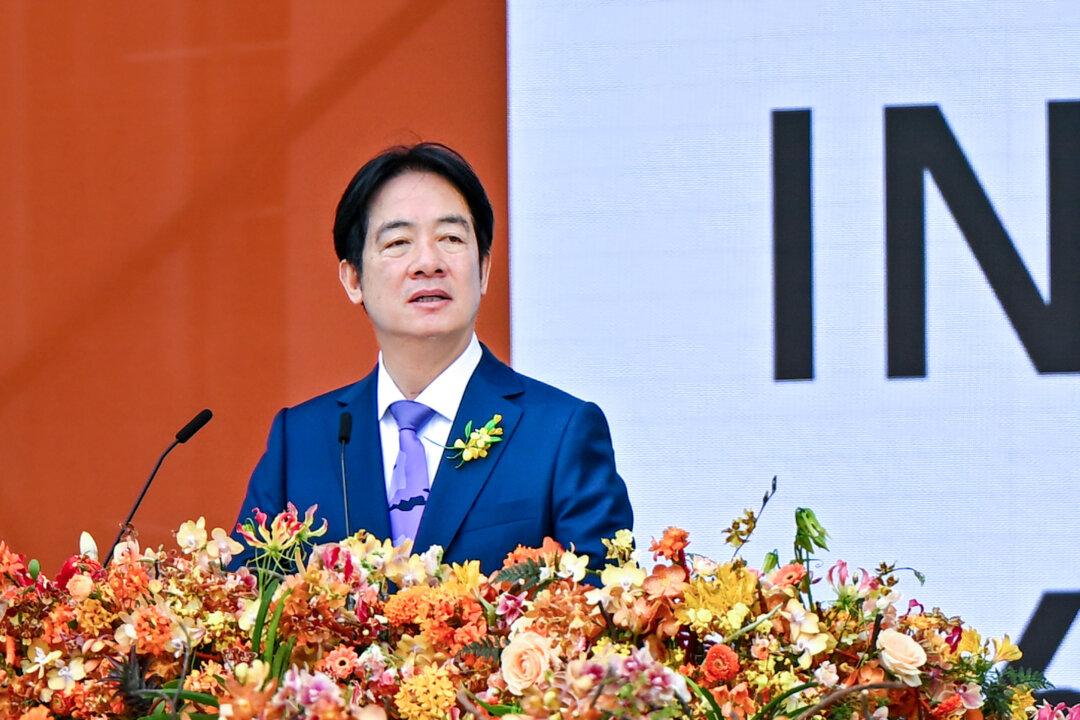TAIPEI, Taiwan—The Chinese Communist Party (CCP) is more concerned about advancing toward hegemony than realizing its dream of territorial integrity, according to Taiwan President Lai Ching-te.
Lai made the remark in an interview with a Taiwanese television program aired on Sept. 1 to mark his first 100 days in office. He noted that although Beijing often brings up the issue of territorial integrity to justify its ambitions to seize the self-ruled island, the CCP does not use the same rhetoric about historically Chinese territories in Russia.





